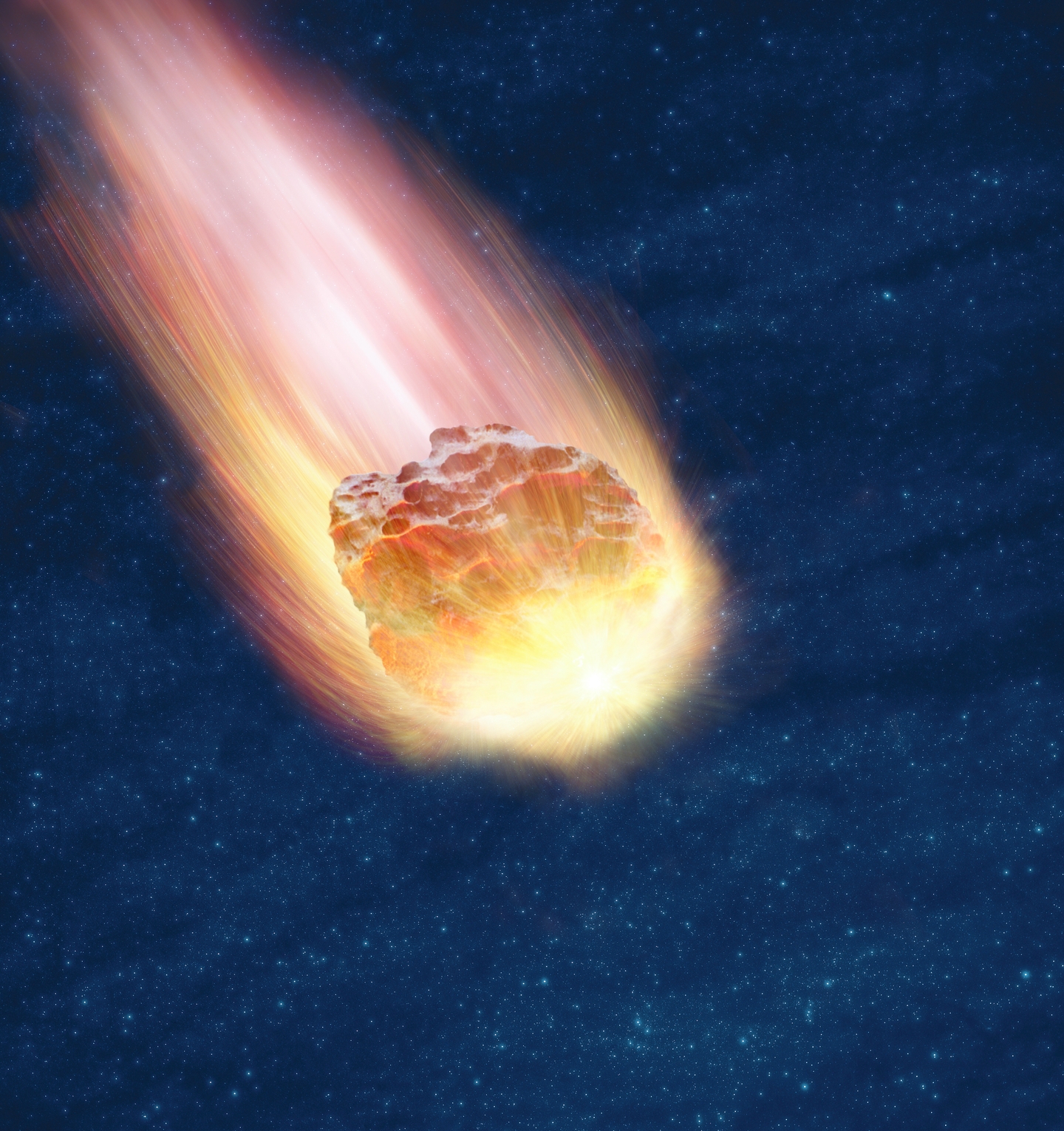Space experts say we’re due for another stellar sighting: a rare nova explosion that’ll bring a “new star” to the night sky.
The World Will Soon Witness One Of The Rarest Space Event
In the past decade, we've been fortunate to witness remarkable cosmic events.
We've experienced an exceptionally rare total solar eclipse and observed the sun nearing its peak activity, resulting in breathtaking auroras on Earth.

However, soon we'll have the opportunity to witness something even more extraordinary—a space event so rare that it stands out among all others the world has seen.
The approach of asteroid 99942 Apophis in the coming years raises the question: What makes this event so significant?
When Apophis was initially detected in 2004, observations classified it at level two on the Torino impact hazard scale.
Although level 2 indicates a low risk of causing destruction on Earth, recent observations conducted last December have elevated its classification to level four due to a 1.6 percent probability that the asteroid will impact Earth in 2029.
So what exactly does level four mean in terms of the threat posed to us? Well, NASA explains: "A close encounter, meriting attention by astronomers." "

"Current calculations give a 1 percent or greater chance of collision capable of regional devastation."
"Most likely, new telescopic observations will lead to re-assignment to Level 0. Attention by public and by public officials is merited if the encounter is less than a decade away."
No object has ever reached level four before, so the asteroid is causing concern for NASA.
Apophis will not impact Earth in 2029, nor in 2036 or 2068, although observations indicate there will still be close encounters.
Davide Farnocchia of NASA’s Center for Near-Earth Object Studies said of the asteroid:
"A 2068 impact is not in the realm of possibility anymore and our calculations don’t show any impact risk for at least the next 100 years."
Fortunately, while there won't be a direct impact in 2029, the asteroid will pass very close to Earth.
Apophis will approach within 32,000 kilometers of Earth's surface, closer than some of our satellites.
The asteroid should be visible from the Eastern Hemisphere without the aid of a telescope or binoculars.
And the European Space Agency (ESA) has dubbed its flyby "one of the rarest space events of our lives."
ESA explained in an X post: "The 2029 flyby is an incredibly rare event. By comparing impact craters across the Solar System with the sizes and orbits of all known asteroids, scientists believe that an asteroid as large as Apophis only comes this close to Earth once every 5,000 to 10,000 years."

